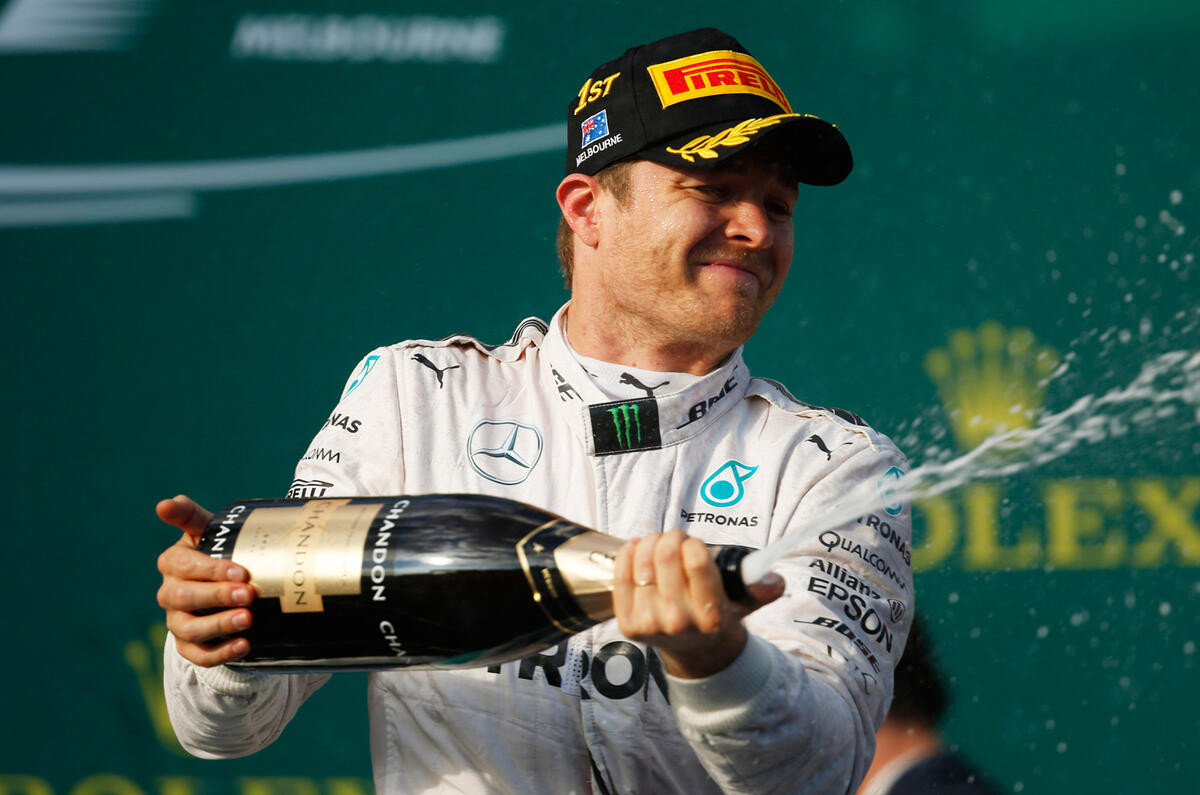It’s hard to feel anything but admiration for Nico Rosberg, who has announced his retirement just five days after clinching the Formula 1 World Championship title he’s been working almost his entire life for.
Read more about Rosberg's departure from Formula 1 here
It’s an incredibly brave thing to do. It’s not possible to compete at such a level without immersing yourself entirely in the job at hand. Your thought processes, your emotion, your physicality, your home life, your ego, your confidence, your skillsets, your ability and your reputation all go through a public examination the likes of which most of us could never begin to imagine, never mind experience.
Formula 1 drivers are not motivated by money. Personal finance has two functions: to pay for your drive/fund your team, or to measure your worth when you reach the upper echelons. It is not what motivates the competitive spirit, nor is it the driving factor in those seemingly infinite, miniscule reactive on-track decisions that determine success and failure.
To put together a campaign over 21 races and come out ahead of arguably the best driver of the modern era, in the same car, is an extraordinary achievement.
In Rosberg’s acutely intelligent mind, this is an achievement unlikely to be repeated without super-human levels of effort and sacrifice. And you have to ask yourself, without misfortune colliding with Lewis Hamilton’s own plans such as it did in Australia, China, Spa, Malaysia and elsewhere this year, whether it could be done again.
But ignoring that for a second, it takes courage to walk away from something you love, something that has been second nature for so long. F1, and racing, can become an emotional crutch by which you measure other aspects of your life. It’s not possible to know for sure whether the other dreams you have in life can fill the void. Plus, most world champions can’t fail to be bewitched by the seductive emotion of winning a title. Passing through that exclusive invisible wall gives you something extra the others don’t have. And when you’re wired to win, that’s difficult to turn your back on.
Mika Hakkinen once told me in an interview for Autosport how winning his first world championship in 1998 changed his entire mental approach, but he admitted it came at a cost. Speaking about having to fight it out against Michael Schumacher right to the end of that season, like Rosberg did his year with Hamilton, the Finn said: "That last grand prix, in that one day you can lose the whole year, and there is no second chance. There is no next weekend. You lose everything.







Join the debate
Add your comment
Well, to be honest.........
Nothing but admiration? Really?
@bomb